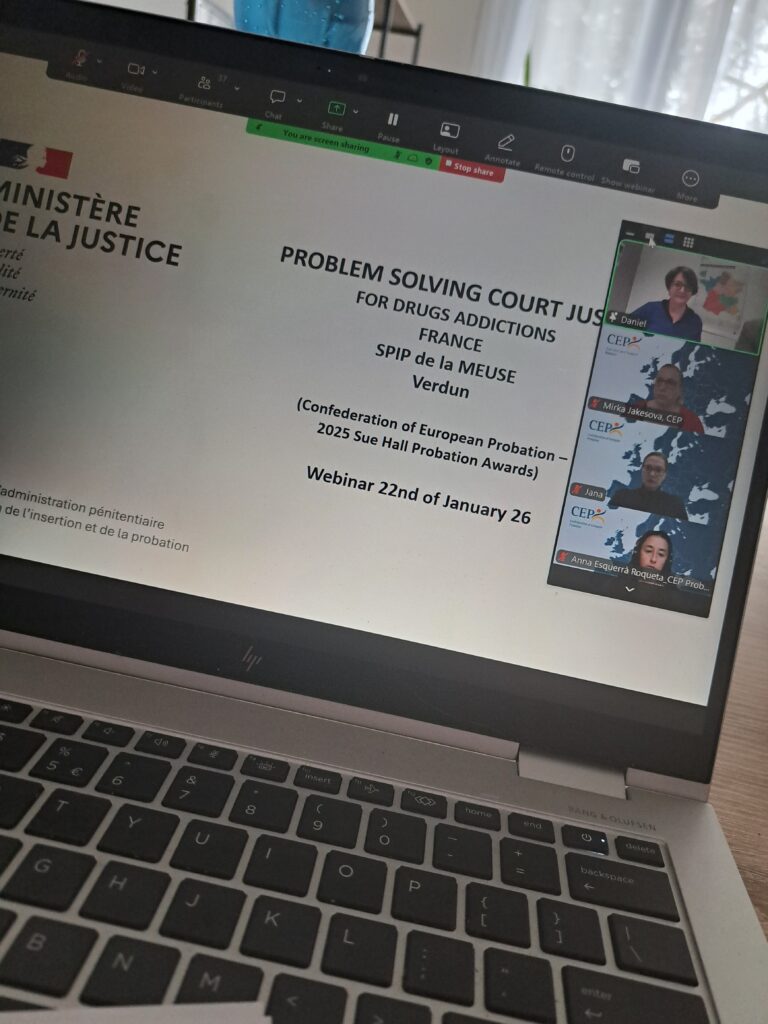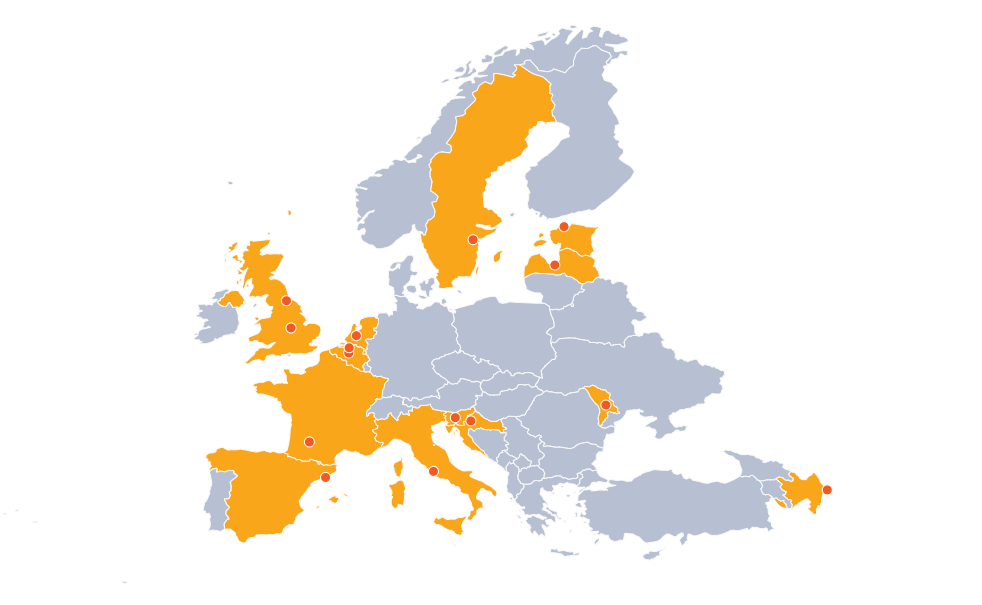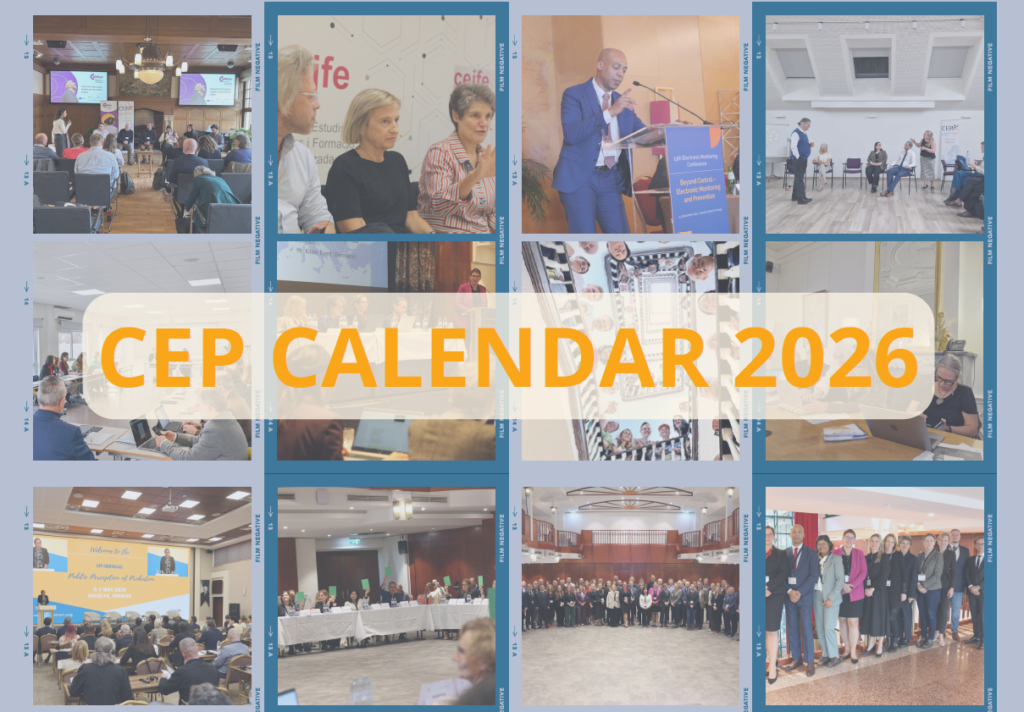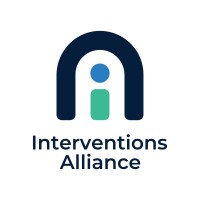Previous Article
News
The European Judicial Network on Detention and its Alternatives: about the Framework Decisions
The European Judicial Network (EJN) is a network of national contact points for the facilitation of judicial cooperation in criminal matters. It was created in 1998. In 2008 a new legal basis, Council Decision 2008/976/JHA of 16 December 2008 on the EJN, entered into force.
The EJN is composed of Contact Points in the Member States, defined in the EJN Decision as “active intermediaries”. The Contact Points are designated by each Member State amongst central authorities in charge of international judicial cooperation and the judicial authorities or other competent authorities. Their main role is to facilitate judicial cooperation in criminal matters between the EU Member States, particularly in actions to combat forms of serious crime. They assist with establishing direct contacts between competent authorities and by providing legal and practical information necessary to prepare an effective request for judicial cooperation or to improve judicial cooperation in general.
The EJN holds at least three plenary meetings every year. The purposes of the plenary meetings are to allow Contact Points to get to know each other and share experience, and to provide a forum for discussion of practical and legal problems encountered by the Member States in relation to the interpretation and application of the EU legal instruments.
Recent Discussions on Relevant EU Instruments
The 51st Plenary of the EJN took place in November 2018 in Vienna, under the Austrian Presidency of the Council of the EU. The aim of the discussions was to identify practical problems and possible solutions to the less used Mutual Recognition Instruments. Prior to the meeting, the EJN Contact Points were asked to complete a questionnaire on the aforementioned instruments, the results of which were discussed at the Plenary.
For the purposes of this article, particular attention will be paid to the conclusions in respect of Framework Decision 2008/947/JHA (Supervision of Probation Measures and Alternative Sanctions) and Framework Decision 2009/829/JHA (Supervision measures as an alternative to provisional detention). Other instruments discussed were Framework Decisions 2008/909/JHA Custodial Sentences or measures involving deprivation of liberty, 2005/214/JHA Financial Penalties, 2006/782/JHA Confiscation Orders and Directive 2011/99/EU European Protection Order.
General Conclusions
The EJN Contact Points stated that these legal instruments are not widely known amongst EU practitioners. The limited knowledge and the consequent lack of practical experience deter the judicial authorities from making use of these legal instruments.
Additionally, the lack of experience of using the instruments leads to delays in their execution, as sometimes it is necessary for the issuing authority to provide extra information and guidance to the executing authority. Furthermore, participants reported difficulties in identifying the right authority to address the orders/certificates, thus causing additional delays to the process.
In order to combat these issues, three main solutions were proposed: awareness raising and sharing of information, trainings on these legal instruments at the national and EU level, and continuous update of the EJN website to ensure the competent authorities can be identified.
In addition to the lack of knowledge of these instruments, the Contact Points noted that the differences between the legal systems and the differing national legislation pose an additional obstacle when applying the instruments. For example, the differences regarding the maximum penalty and different rules on pre-trial detention across the EU require steps of adaptation in the executing state.
The solutions proposed in this regard were involvement of the EJN during the EU legislative process, executive/legislative action via bilateral agreements and revision or amendment of national legislation, and assistance from the tools located on the EJN website.
Framework Decision 2008/947/JHA
In relation to the FD 2008/947/JHA on mutual recognition of supervision of probation measures and alternative sanctions, the Contact Points specifically noted difficulties in executing measures due to the different interpretations of measures/sanctions under each Member State’s national law. For example, regarding health-related measures (treatment of a drug addict), for most Member States treatment as an out-patient falls under the scope of FD 2008/947/JHA, whereas others would apply the FD 2008/909/JHA. According to some Contact Points, execution is not possible for these types of measures. In response to a question on community service, 3/5 of the Contact Points replied that community service is an alternative sanction according to national law, whereas 1/3 replied that it is considered a probation measure and the rest stated that both options are available. The proposed solution is to consider adding information to the EJN website on what probation measures and alternative sanctions are available in each Member State.
Framework Decision 2009/829/JHA
In relation to the FD 2009/829/JHA on mutual recognition to decisions on supervision measures as an alternative to provisional detention, the Plenary meeting addressed several issues caused by the lack of knowledge about supervision measures within the Member States both as an issuing and as an executing Member State. It was noted that different rules on maximum penalty and pre-trial detention in the Member States posed a problem as well as adapting/leaving out measures without consulting the issuing state. Moreover, a number of participants experienced the issue of applying more severe supervision measures than foreseen by the issuing state along with confusion about the types of measures listed in Article 8.1. The proposed solution to these issues is to consider adding an overview of the different types of supervision measures available in each Member State to the EJN website.
For more information, visit the EJN website.

Related News
Keep up to date with the latest developments, stories, and updates on probation from across Europe and beyond. Find relevant news and insights shaping the field today.
New

Alternatives to pre-trial detention, Community Sanctions and Measures, Framework Decisions, Technology
Future of Criminal Justice: CEP’s Contribution to Key 2025 Dialogues
27/01/2026
Throughout 2025, CEP and its representatives actively participated in the online Technical meetings ahead of the HLF as well as the High Level Forum on Future of Criminal Justice taking place on 4-5 March 2025, 20-21 May 2025 and 1-2 October 2025 in Brussels, Belgium.
Recap

Alternatives to pre-trial detention
Recap: Webinar on Alternatives to Detention 2026
26/01/2026
On Thursday 22 January, CEP hosted the first webinar of 2025 on the topic of Alternatives to Detention. The session led by Ms. Marina Pajoni from the French Prison and Probation Service titled „Problem Solving Justice in Pracitce: The Meuse Probation Service´s Approach to Drug Addiction“ introduced an innovative programme developed by the Meuse Probation Service in close cooperation with the French Ministry of Justice.
New

Education and Training
CEP launches an interactive European map of probation education and training institution contacts
22/01/2026
The CEP is pleased to inform its members that a new dedicated section has been developed on the CEP website featuring an interactive map of Europe.
New

CEP Events
CEP activity calendar 2026
20/01/2026
As we begin the new year, we would like to thank all CEP members, partners, and participants for your continued engagement and valuable contributions. Your involvement plays an essential role in shaping CEP’s work and activities.
We are pleased to share the CEP calendar for 2026, which provides an overview of the events planned for the year ahead. We look forward to continuing our collaboration and welcoming you to upcoming CEP activities throughout the year.
Thank you for being part of the CEP community.
New

CEP members, Gender-based violence
Interventions Alliance’s Eden House Recognized as Outstanding
15/01/2026
CEP is delighted to share that Eden House, an Interventions Alliance residential service for women with high-risk or complex needs on probation, has been rated “Outstanding” overall by HM Inspectorate of Probation. In 2022, Eden House was honored with the CEP Public Protection Award. Our sincere congratulations to the team for this remarkable achievement.
New

Education and Training
The Judicial Training Dashboard
14/01/2026
The European Training Platform (ETP) is a search tool for justice professionals. You can find self-learning materials on a great variety of EU law practice areas and related topics, as well as links to training providers’ homepages and course catalogues.
Subscribe to our bi-monthly email newsletter!
"*" indicates required fields
- Keep up to date with important probation developments and insights.

